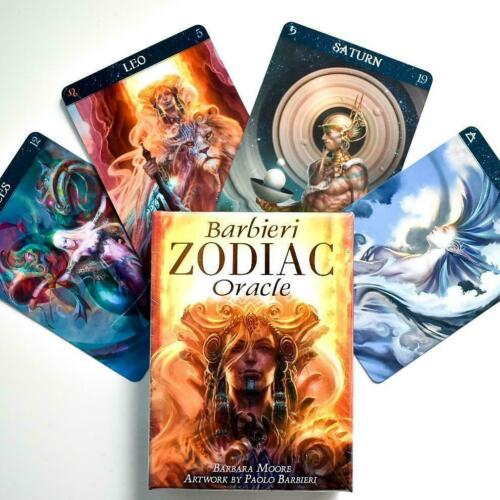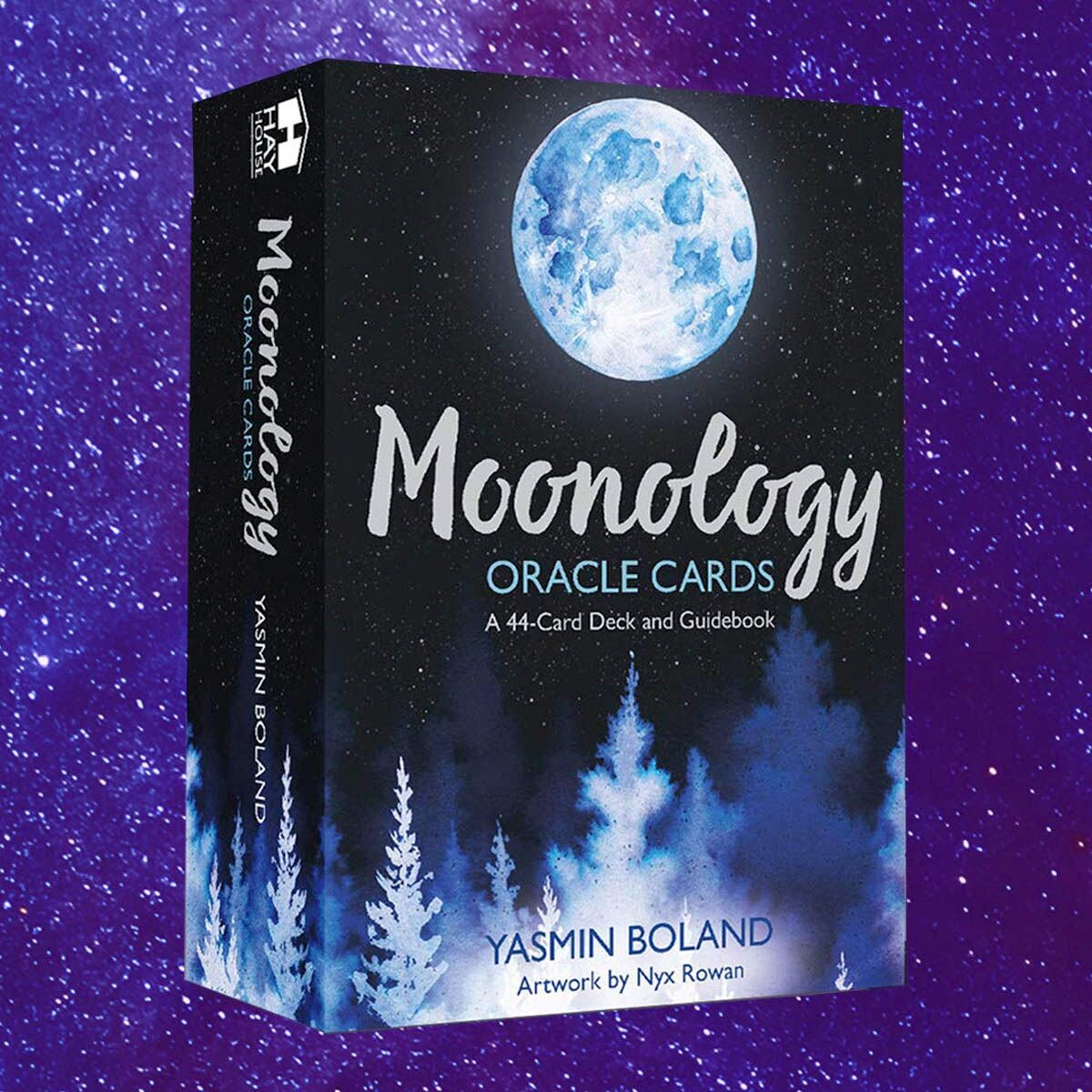
Cold reading is a type of public speaking where you read aloud from a text. It is a well-known technique in the performing arts especially in the theatre. It is an excellent way to improve your speaking skills and impress an audience. It is also known by the name "theatrical listening". Cold reading is an excellent tool for public speaking.
Techniques
The various techniques used for cold reading include listening to the body language, and observing details of the conversation. During the reading, try to gather details about the subject's lifestyle and concerns. It's also possible to observe their reactions to your statements. You can then refine your statements using the results.
In addition to using a variety of techniques, you can also create a win-win situation by making a contradictory statement about the subject's behavior. Mentalists can create these situations by making statements that appear to contradict one another. A common example is to present a subject with a veiled statement about an emotion or thought. This is because the subject will likely have experienced both sides.
Audience selection
Target potential customers by their interests. You can also target your advertising to the most likely buyers of your product. Your ad campaigns will be more effective if you use demographic targeting.

You must be able and able to communicate with the audience in order to cold read well. During the audition, many aspiring candidates keep their eyes on the script and do not maintain eye contact with their audience. You can avoid this by holding the script in one handed and keeping eye contact with your audience. Make sure to turn the page quickly. You might want to fold the corner of your page so it is easier to turn.
Body language
Cold reading is an art of interpreting people's nonverbal signals, and deciphering their intentions without speaking to them. This skill is especially useful when you're trying to gauge someone's level of confidence or nervousness. It can help you adjust to different situations. Many people think that body language is equivalent to cold reading, but that's not necessarily true.
Cold readers often make generalizations about the person they are reading. Most of this information is correct, but it can also be provocative or evocative. It is important to watch how the person reacts to your statement. A cold reader might make a joke about a relative who has died, while a more serious statement about the person’s relationship with a former partner could be more accurate.
False signals
There are two main ways that cold reading can detect false signals. One relies on subjective validation while the other relies on objective validation. Both methods require a certain amount of training and experience. A cold reader must be able to use a variety of techniques. A cold reader should be capable of identifying people in different mental states.
Cold readers are able to ask as many questions as they like in order to gather as much information as possible. Then, he or she will repeat or rephrase the answer and use that as a guide for the next question.

Preparation
Cold reading auditions are something you need to be ready for as a performer. Although cold readings do not require script study, it is essential to research the subject matter and find out what will be asked of you. This will help you connect with the material and become familiar with the characters, storyline, and company. For practice, you can read material before the class.
Actors shouldn't get stiff when preparing to read cold auditions. Remember that actors communicate with the body just as much with their words as they do with them. Therefore, it is important to use gestures that convey the right emotion for the role.
FAQ
Where can I find free resources to learn more about hobbies?
Many websites are dedicated to helping people find new hobbies.
Here are some of the favorites:
www.trythisathome.com - This site provides a list of over 100 different hobbies. This site also contains information on how you can get started with each of them.
www.hobbyfinders.org is a site that offers thousands of activities. It allows you to search by location, skill level and interest.
www.indiebazaar.co.uk - IndieBazaar is an online marketplace designed specifically for independent artists and musicians. The site has hundreds of products, from artwork to music equipment.
www.pinterest.com/explore/hobbies - Pinterest is a social media network that lets users "pin" images they find interesting onto their boards. Users can organize the things they like in specific categories with boards.
www.reddit.com/r/Hobbies Reddit enables users to post links and articles, as well as videos, on other social media platforms like Facebook. Users can vote on the posts they consider most valuable.
What are competitive hobbies, you ask?
You can compete in running, swimming or cycling as well golfing or tennis.
They're usually played by people who enjoy physical activity but also provide an opportunity for social interaction.
You will probably find people around you who have the same hobby as you, if you are into physical activity.
You might consider joining a group or club that meets regularly to play together in sports.
You might also choose to participate in team games involving playing alongside others.
These include cricket, football, netball, hockey, netball, soccer, rugby, cricket, rugby, batsball, hockey, volleyball, badminton squash, handball and table tennis.
There are many kinds of competition.
Some competitions are organized for purely recreational purposes.
Others are intended to test competitors' skill.
And still, others are designed to reward outstanding performance.
The winners are awarded prizes in these cases.
Other competitions are intended to test strength and stamina.
These are called endurance events.
For example, marathon races, triathlons, Ironman Triathlon, etc.
These events are often contested by athletes who train hard.
They will adhere to a strict training program that prepares them mentally as well as physically.
They might also have to travel for preparation.
It's important to remember that not all athletes compete in every type of event.
What are the best ways to find a hobby?
It can feel overwhelming to start your search for a hobby when you first begin.
You may be thinking, "I'm just not artistic" or "I hate sports," or perhaps "I don’t even know what I know."
The truth is that you likely already have a lot experience in your chosen hobby.
It's not that you don’t realize it yet.
Have a look at your home. How many things do you own?
Do you have any old toys lying around that could be used?
You might have a collection.
Perhaps you've always wanted a career in cooking.
Or perhaps you would just like to learn how to play the guitar again.
Whatever it is you're interested in, you can make it a hobby.
The key is to see that you already have many experience to draw upon.
You will find a hobby you love once you have it.
Statistics
- This 100% accurate personality-analyzing hobby quiz discovers your passion based on your characteristics. (quizexpo.com)
- I am 100% biologically a woman (discover.hubpages.com)
- A new survey by Pew Research Center of teens ages 13 to 17 finds that 36% of girls feel tense or nervous about their day every day; 23% of boys say the same. (pewresearch.org)
- The intensity of the dialogue partners' bond at the end of the forty-five-minute vulnerability interaction was rated as closer than the closest relationship in the lives of 30 percent of similar students. (time.com)
- Almost 80% of people claim to have no hobby. (hobbylark.com)
External Links
How To
How to start gardening
Gardening is one form of agriculture that dates back to the beginning. It requires persistence, patience, and determination. The first step in starting your own garden is choosing a location where you want to grow food. You could choose to plant food on a large parcel of land, or in your own backyard. Next, pick the type of plants that you would like. Do you prefer flowers or vegetables? Some people like to grow herbs and others enjoy raising livestock, such as rabbits. Before you decide on the type of crops you want to plant, it is important to consider the space available. If you live in a climate that experiences cold winters, then you might decide to grow fruits or berries as they do well in colder climates.
After you have decided what you want to plant, it is important that you prepare the soil. Your plants' success or failure will depend on the soil they are placed in. The soil should be rich in organic matter to provide nutrients for your plants' roots. Organic matter includes organic matter such as leaves, twigs or grass clippings. After you have prepared the soil, you will need to add nutrients. You will need different amounts of nutrients depending on which type of plants are being grown. To determine these values, you can use a fertilizer calculator online. There are many fertilizers available so be sure to know what you are purchasing.
After you have prepared the soil and added nutrients, it is time to wait for your seeds germination. The process typically takes 2 to 3 weeks depending on the weather conditions and temperature in your area. After your seeds sprout, it is important to water them frequently. You can endanger your plants if you water them too often or too little. Overwatering can cause problems. Overwatering could lead to root rot as well as fungal diseases. Keep in mind that plants are more thirsty during summer than winter. Also, remember that certain plants need to dry out after watered. For tomatoes, it is important to keep them moist but dry. Soggy soil is not a good choice for tomatoes. After the plants have finished flowering they must go dormant. Plants go dormant when they stop producing new growth and instead store energy for next year's harvest. During dormancy, the plant stops sending signals to its roots telling them to produce food. During this period, plants continue to store energy. The plant will eventually die if it is not given enough sunlight or temperatures below freezing.
Urban environments may limit the variety of plants you can grow. Concrete sidewalks, roads or parking lots can block sunlight from reaching urban areas. Concrete absorbs sunlight and blocks the soil below from receiving adequate sun exposure. Many plants can't thrive in urban environments because they lack sunlight. There are many plants that can survive in urban environments. Many trees, perennials, shrubs, as well as shrubs can be adapted to urban living. Many annuals are also possible to grow indoors in containers. You can have fresh greenery all year round with container gardens.
Now you're ready to plant.